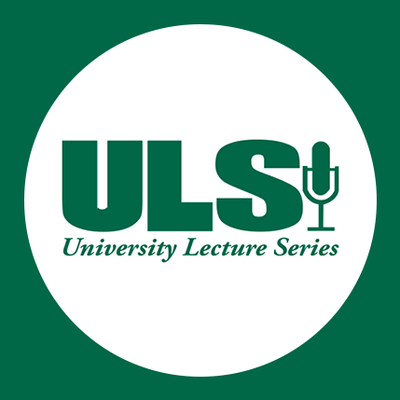OPINION: University Lecture Series needs serious changes

Emmy-nominated actor and singer Tituss Burgess spoke to students Oct. 27 as part of USF’s University Lecture Series (ULS) on inclusivity and LGBTQ identity, leaving students disappointed for his lack of enthusiasm and blunt answers. The Campus Activities Board (CAB) could do more to facilitate an engaging presentation for students.
CAB should change its process so speakers don’t choose the format of their lecture. Historically, speakers have been given the opportunity to decide between addressing students directly and an interview-style conversation with a student moderator, according to Associate Director of the Center for Student Involvement Josh Wilson. The format of the lecture should be decided for the individual based on their experience and background.
The hourlong event with Burgess was not a worthy performance. Without a background in activism, questions about being a role model for the LGBTQ community were wasted. If his lecture was just that, a performance, he would have had the opportunity to really consider what he wanted to say to USF students as a talented and seasoned performer. Instead, the night was plagued by safe questions and shallow responses.
His performance drew a stark contrast to the most recent lecture by Diane Guerrero, best known for her role in “Orange Is the New Black.” She spoke to USF students Nov. 17 as part of the ULS to discuss her work as an activist for the Latinx community. She gave more thoughtful responses and tapped into her personal beliefs on serious topics like deportation and social change.
The decision to allow speakers to choose their method of presentation is made with the speaker in mind, according to Wilson. He said ULS is worried about losing out on a speaker because they may not want to prepare and deliver a 30-minute speech.
“We might lose interest in the students’ top choice if the artist isn’t for the particular format,” Wilson said in an interview with The Oracle. “Our job and our goal is always to provide the best experience possible, but it also depends on every person’s personality.”
While trying to make sure celebrities feel comfortable speaking to students for a boatload of cash is important, ULS should keep in mind what kind of information students are going to get out of the lecture. They should continue to interview celebrities with activist or scholarly backgrounds but ask celebrities without a cause to prepare a lecture for students about their lives and general topics the ULS wants to touch on.
At one point during Burgess’ lecture, moderator and USF student Nicholas Stewart asked the “Unbreakable Kimmy Schmidt” star what his favorite books to read were. The actor responded with just four words, “I don’t read books.” Keep in mind that Burgess was compensated $22,000 by CAB, according to Wilson.
UF paid Anita Hill, a lawyer, women’s rights activist and Brandeis University professor, a similar amount of money to speak to students in September. For $30,000, according to the Independent Florida Alligator, UF’s student newspaper, students listened to her answer questions on topics like racial and gender discrimination as she talked about her own personal experiences.
A comedy actor like Burgess should not be interviewed in the same fashion as an academic scholar and activist. If told to prepare a speech, the actor could have spoken to students on his own terms. Without a past in activism relating to the LGBTQ community, a lot of the questions flopped. If he was given time to prepare a statement, he could have found a more meaningful way to engage the audience that worked with his personality.
The choice of lecture format should be up to CAB, not the speakers. For the amount of money they are being paid, they should be expected to bring more than just themselves to the table. If they don’t have personal experiences for audiences to pick their brains about, they should be asked to prepare a presentation about the subject that makes inviting them to speak worth the cost.
It seems that USF’s priority lies in expanding the minds of its students and giving them tools to succeed, but that just isn’t the reality of what we’ve seen from some of these lectures so far. Celebrity guest speakers could bring more valuable experiences to the table if the lecture format is decided with their personality in mind, and right now that is not guaranteed.






